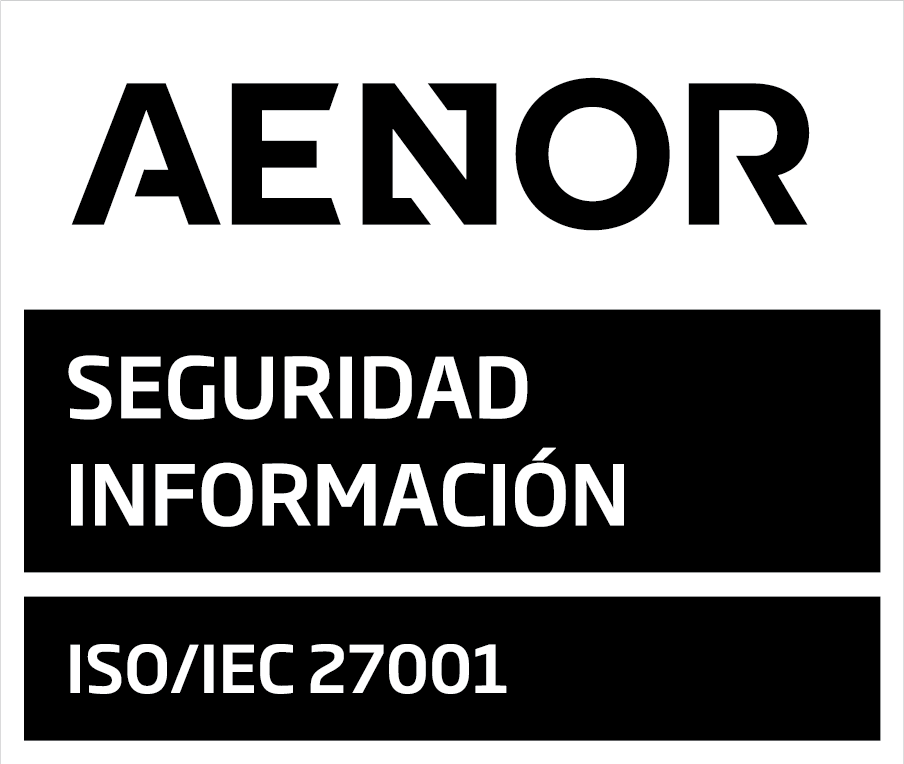Why You Should Explore AI Tools for Medical Writing
September 28th 2023

Have you ever wondered how AI tools for medical writing could seamlessly elevate your work, offering depth and precision?
If you’re just beginning to grasp the concept of AI, this exploration will connect the dots for you. Step into a world where medical expertise and artificial intelligence converge.
Medical writing is crucial for sharing complex health-related information. Yet, like any profession, the quest for efficiency and accuracy is ongoing. Enter the world of AI. With the rising trend of artificial intelligence, medical writing is undergoing a transformation.
But how do you navigate this sea of tech advancements?
This post is designed for you, a medical writer eager to discover the best AI tools for medical writing. Let’s dive in!
Why do medical writers need to consider AI tools?
AI has made significant advancements in recent years, revolutionizing various industries, including healthcare. In medical writing, AI tools offer a range of capabilities that can enhance the productivity and effectiveness of medical writers. These tools leverage natural language processing, machine learning, and data analysis to automate repetitive tasks, assist in literature reviews, provide insights, and even generate drafts of written content.
By harnessing the power of AI, medical writers can streamline their research process, access accurate and relevant information more efficiently, and create well-structured and concise content that aligns with scientific standards. AI tools can also assist in proofreading and editing, ensuring that the final output is error-free and adheres to formatting and citation guidelines.
Here are some reasons as to why AI is making waves in this industry:
- Speed: When it comes to medicine, time can often equate to life. AI tools can quickly review vast datasets, be it patient histories or new research, ensuring you get the crux of information swiftly.
- Consistency: Whether you’re working on a multi-chapter medical textbook or numerous patient reports, maintaining uniformity is crucial. AI tools can cross-reference content, ensuring consistency across the board.
- Accuracy: Even the most experienced medical writer can overlook details. AI can quickly validate data, cross-checking facts, and reduce the risk of inaccuracies.
Key AI tools for medical writing
Grafi.ai: The AI-powered tool that automates repetitive tasks, such as research, editing, and formatting, allowing medical writers to focus on producing impactful content. It offers a vast library of scientific articles, visual aids, and citation tools, making it an invaluable resource for medical writers.
Dezzai: Our comprehensive AI platform is designed specifically for medical writers. It offers features such as generating outlines, researching topics, and drafting articles using natural language processing. Dezzai also provides access to a database of scientific literature and offers tools for generating accurate citations.
ChatPDF and HeyGPT: These AI-powered tools allow medical writers to interact with documents, summarize papers, search for specific information, and suggest logical questions. ChatPDF is more focused on PDFs, while HeyGPT enables interaction with websites, making it versatile for medical writers’ research needs.
Consensus and HeyScience: These AI search engines specialize in scientific research, utilizing published, peer-reviewed materials to provide the best results for specific queries. They help medical writers find relevant and credible information quickly and efficiently.
Assistant by Scite and Jenni: These tools assist medical writers in the writing process by facilitating collaboration, offering evidence-based support, and helping with reference management. They enhance the efficiency of content creation while ensuring accuracy and reliability.
Which factors do you need to consider when choosing AI tools?
- Specialization: Different writing tasks require varied functionalities. For instance, an AI tool optimized for creating patient education materials might not be ideal for drafting complex research summaries. Identify your primary writing needs before diving into the AI market.
- User-friendliness: User experience is paramount. An AI tool might have a slew of features, but if it’s not intuitive, you may spend more time grappling with it rather than benefiting.
- Integration: A medical writer often juggles multiple software – from data analytics to word processing. The chosen AI tool should integrate effortlessly into your existing tech ecosystem.
- Security: Patient data, research findings, or even draft manuscripts – all are sensitive. Prioritize tools that offer end-to-end encryption and adhere to global data protection standards.
- Price: Cost-effectiveness is vital. It’s not about the cheapest tool but about one that offers comprehensive features for its price.
The main features you need to look for
1. Data Analysis Capability: Whether it’s a new drug’s clinical trial data or patient health metrics, an AI tool should be able to analyze and condense it effectively.
2. Language and Grammar Enhancement: Medical writing demands precision. The tool should offer grammar checks, vocabulary enhancement, and even tone analysis to ensure clarity.
3. Citation and Reference Management: Automatic citation, easy-to-organize references, and compatibility with various citation styles can be a boon for writers.
4. Real-time Feedback: Beyond just grammar checks, insights into the content’s comprehensibility, and suggestions for improvement can elevate the quality of writing.
5. Collaboration Features: A tool that enables real-time collaborative writing, comments, and track changes can be essential, especially for team projects.
Wrapping Up
The fusion of AI and medical writing is not just a trend; it’s the future. Investing in AI tools and staying up-to-date with the latest advancements in the field will be crucial for medical writers looking to excel in the evolving landscape of healthcare content creation. With the right AI tools at their disposal, medical writers can navigate the complexities of their profession with greater efficiency and confidence, ultimately delivering content that drives a positive impact in the healthcare industry.
Remember, every profession evolves, and those who adapt thrive.
Don’t miss out on our weekly blog posts and LinkedIn updates about the fascinating advancements that will propel your business.
Ready to see what we can do for you?
In the right hands, artificial intelligence can take human performance to a hitherto unimaginable level. Are you ready for evolution?
We are certified by:






